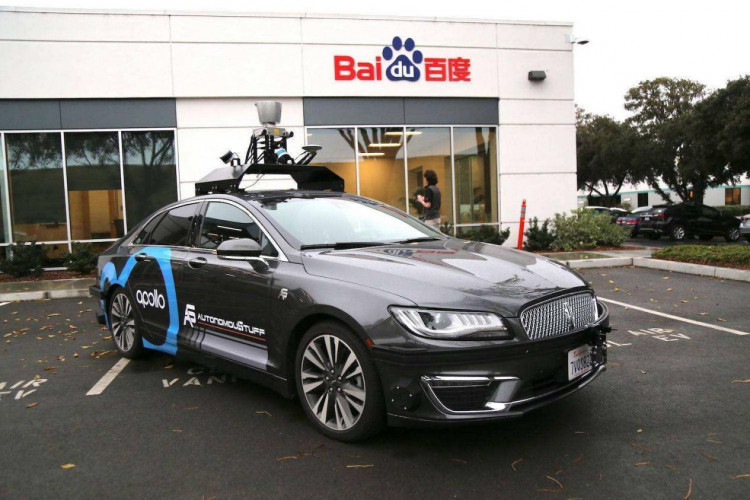The largest search engine in China, Baidu Inc., announced on Monday (Aug. 8), that it has received approval from two Chinese cities to run the nation's first completely autonomous robotaxi services on public roads.
Commercial robotaxis are now able to provide rides to the general public without having human safety drivers in the vehicle thanks to permits issued by the municipalities of Chongqing in the southwest and Wuhan in the center. On Monday, they take effect.
According to Baidu, they marked a "turning point" in China's policy-making over autonomous driving.
Wei Dong, chief safety operating officer of Baidu's Intelligent Driving Group, told Reuters in an interview that "if we think of the exploration of space, this moment is equal to landing on the moon" regarding the industry's importance of these permits.
At first, Baidu will set up a batch of five fee-charging robotaxis in each city, where they will be permitted to operate in predetermined zones from 9 a.m. to 5 p.m. in Wuhan and from 9.30 a.m. to 4 p.m. in Chongqing, according to a statement from the company.
Both the Wuhan Economic & Technological Development Zone and Chongqing's Yongchuan District contain service areas that total 30 sq km and 13 sq km, respectively.
In April, it was reported by Toyota Motor Corp.-backed Pony.ai and Baidu's Apollo that they had been granted permission in Beijing to operate robotaxis without safety drivers on open roads within a 60 sq km radius. However, they are still required by their Beijing licenses to have a safety driver in the passenger seat. These offerings have begun.
According to Wei, Baidu is also negotiating with the local governments of Beijing, Shanghai, and Shenzhen to obtain permits within a year so that it can test completely autonomous, unpaid robotaxis in those cities.
As U.S. officials move forward with precedent-setting autonomous driving policies, China is making attempts to expedite autonomous vehicle trials and permits.
Cruise, a self-driving firm, was granted license by the California Public Utilities Commission in January to provide paid fully driverless rides on a few San Francisco streets from 10 p.m. to 6 a.m.
Since its launch in 2020, Apollo Go, Baidu's robotaxi service, has provided over 1 million rides throughout 10 Chinese cities. Both the service and any issues with it have not been reported by Baidu, nor has the amount of money invested in the initiative been broken down.





